As defined by Webster, literature is writings in prose or verse, especially: writings with excellence of form or expression and expressing ideas of permanent or universal interest.
So, how does a race and gender forbidden to learn even the spelling of their name, forcibly left out and left behind in education, and denied equity become known as instrumental and influential literary talents?
Resiliency.
From 1740 to 1867, anti-literacy laws prohibited the enslaved and free people of color to read or write. Yet, despite the looming, and often accomplished, threats of beatings and death by lynchings, Black Americans have emerged with language and knowledge to invoke power, change, and hope in their audience.
Phyllis Wheatly was the first and only Black woman author I learned about in grade school. Wheatly published her first and only book of poems before her early death at thirty-one. Her poems served as an early insight into her awareness of the racial prejudices she experienced.
Since then, women such as Sarah E. Farro who published her first and only known novel, True Love: A Story of English Domestic Life in 1891, and Hannah Bond Crafts writer of The Bondwoman’s Narrative, both fugitive slaves, have been lost and rediscovered by Black women who were curious and adamant readers or writers with a love of literature and research.
As an adult, I’ve had to work backward to fill in the gap of the missing links in literature amongst Black Women to witness their imagination in a tangible form; to uncover their voice, experiences, and talent.
There were one hundred and twenty years of not knowing English and another one hundred and twenty-seven years of threats and death if one was to learn to read or write in their new second language. Still, their perseverance led to many Black women writers we know today.
From the Harlem Renaissance trails were blazed with short stories, poems, plays, and novels by the likes of Nella Larsen, Gwendolyn Bennett, Dorothy West, and Zora N. Hurston, most of which I never knew existed until graduate school; paving the way for Black Women’s Literary Renaissance beginning in the 70s.
Here we see a resurgence of self-determination, and self-identifying and defining among Black Women with Toni Cade Bambara’s, The Black Woman: An Anthology.
From the 1970s came our current favorites with a louding voice of self-love and love for people while addressing the inequalities of race, gender, and intersectionality.
Until I can get my hands on the anthology by Toni Bambara, I will continue to delve into Black Women Writers at Work. Catching up on their work but also their thoughts on the world around them and in them. To pick just one passage or one author who I resonated with would be an impossible task.
What I found in the responses from the writers were answers to questions I longed to hear from them and honest perspectives I did not know I needed. Claudia Tate posed the question, For whom do you write, to several authors. The response came with a balance of self and others.
Self: “I write because I must,” stated Sonia Sanchez, because who else will tell my stories like I would, with my imagination, except for me? Ideas of our kind in our voices are too precious to be left behind. They are also too stubborn to allow us to forget; we as writers become too stubborn to let them loose.
Others: “Secondarily for as many people as possible,” answers Kristin Hunter. I took this to mean the work created is for as many open-minded individuals yearning for a story and also for the voiceless and unknown individuals.
The idea of having or making time to write is always a topic among full-time working women at the beginning of their writing careers. We often wonder–where is the spare time?
After all of life’s responsibilities are attended to and sleep awaits us earnestly with loving arms, just to do it all again the next day without a word written. From some, the writing experience is shared with Toni Cade Bambara whose writing was done whenever she got around to it or “when the compulsion seized me and sat me down.”
It’s quite the opposite of the guidance received to “write even when you don’t feel like it.” Bambara was honest in acknowledging she had “no shrewd advice to offer developing writers about this business of snatching time and space to work.”
Other writers wrote after their jobs and families were settled, (Sanchez) “I work from midnight to around three every morning on my writing. At that time the house is quiet. The children are asleep.”
Then there are those such as Toni Morrison who stated, “Time has never really been a problem for me.” The distractions of entertainment, whether television, people, or outings, were not a concern. I am also reminded of a quote from bell hooks’ Remembered Rapture, “And while women writers should not be in any way fixated on the notion of quantity, we all should feel utterly free to write as much as time, grace, and the imagination allows.”
It’s these waves of differences we all will resonate with, at least once, or be close enough to see it ripple through someone else. Through it all, the writing was completed because as Nikki Giovanni stated, “Life is not a problem. Life is a process and we have to make choices.”
So, why are Black women in Literature important? They, we, tell the stories of the present and those of the future. Through us, we become the center–a place where we are seen and validated, our voices heard and our stories appreciated. Stories that reverberate throughout history just like the ones from the past continue to, tethering us together one haiku, play, and novel at a time.
In continuing this legacy of Black Women being vital to literature, I’d like to ask you, reader, for whom do you write and why is your writing important?

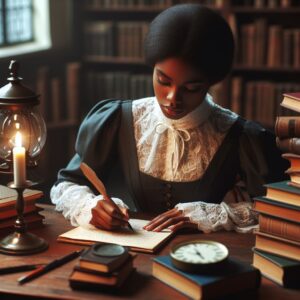

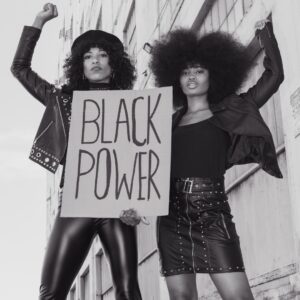


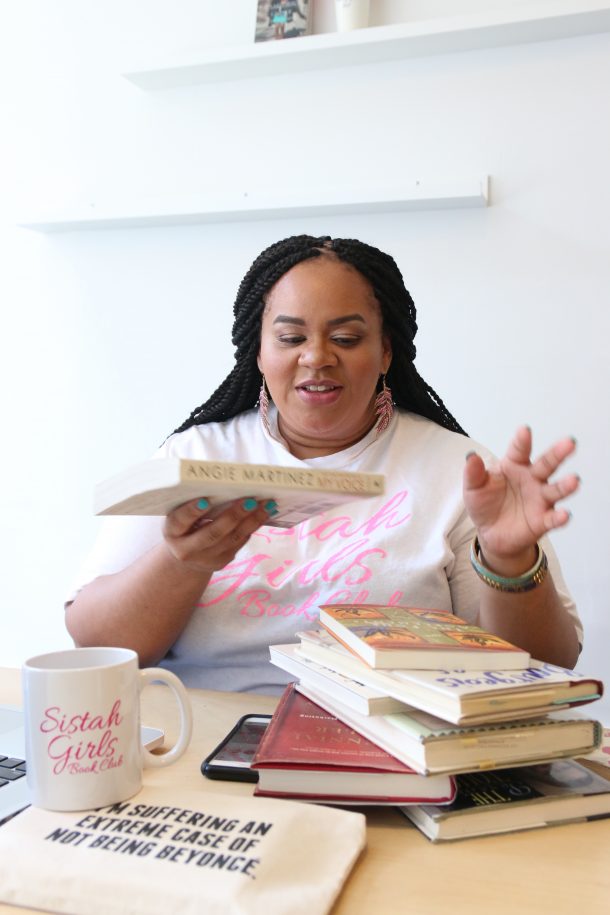
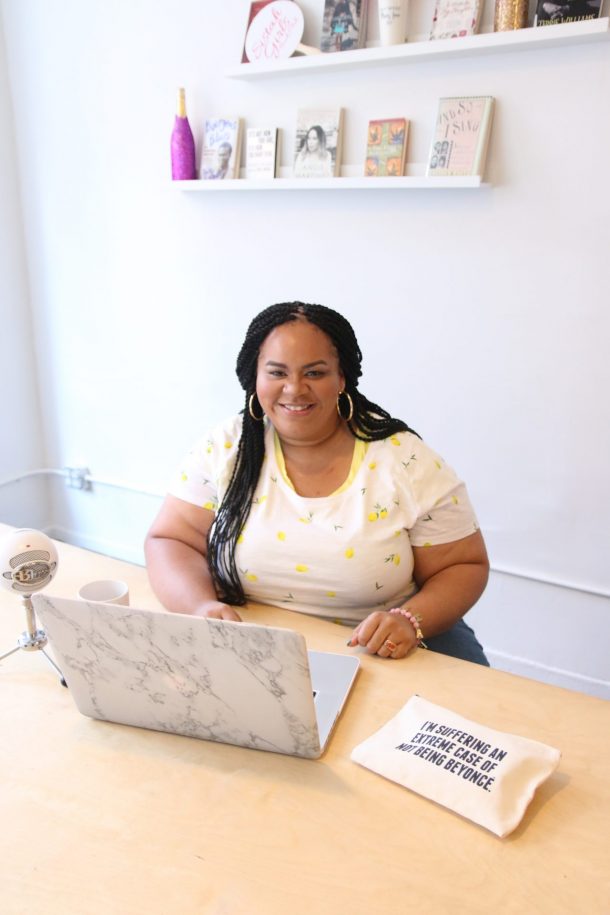
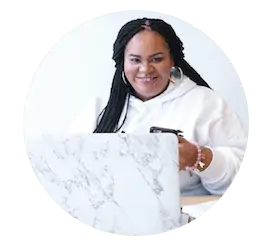
This is such an awespiring and timely article! The writer did an excellent job 👏🏾👏🏾